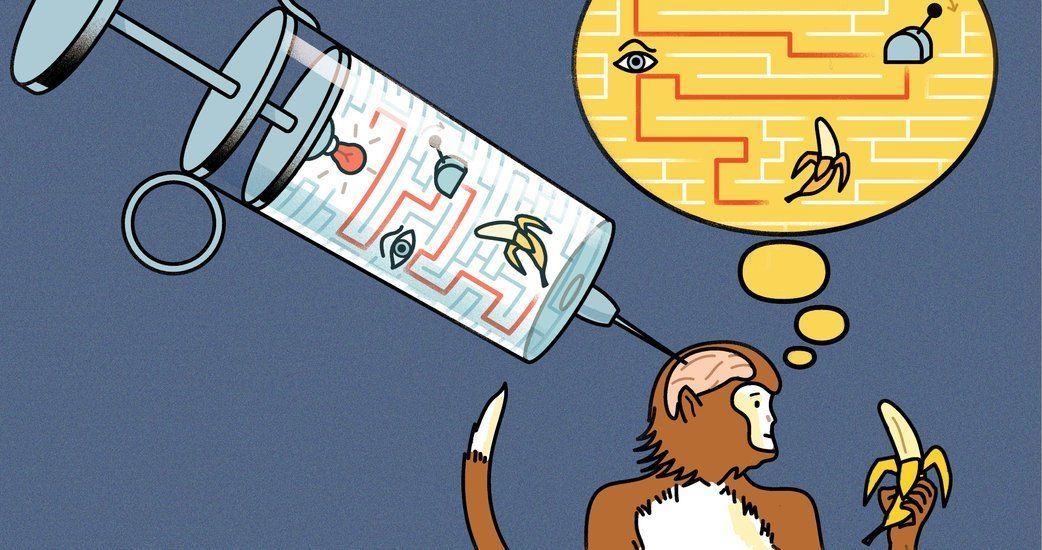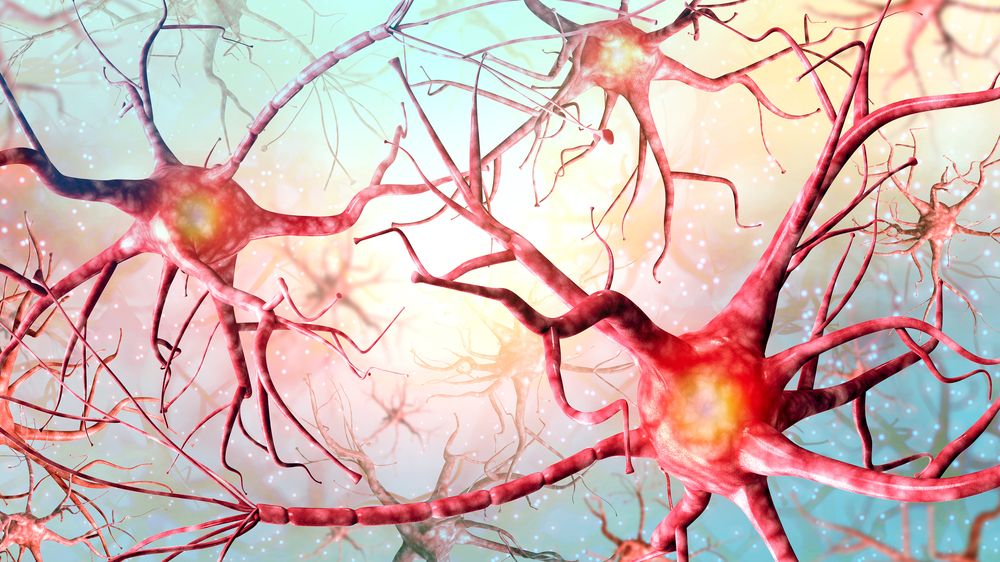
Category: neuroscience


It’s Possible to Plant False Memories Into Your Brain, And It Could Be a Good Thing
Have you ever had an argument because you disagree about the way something happened? You were both there, you saw the same thing, but you remember it differently.
This happens quite a lot, because human memories are imperfect. As much as we all like to think we can trust our own minds, memories can be altered over time.
Elizabeth F. Loftus is a researcher and professor of cognitive psychology and human memory. She is well known in the field for her work on the creation and nature of false memories, and how people can be influenced by information after an event has happened, event consulting or providing expert witness testimony for hundreds of court cases.







Boosting Mitochondrial Quality Control to Combat Alzheimers
Scientists at the École polytechnique fédérale de Lausanne (EPFL) have found a way to make mitochondria more resistant to damage, which could potentially be used to halt Alzheimer’s and other, similar, diseases.
Globally, Alzheimer’s disease is the most common form of dementia and cause of neurodegeneration. It causes brain damage and symptoms such as long-term memory loss. It is an amyloid-based disease, with the characteristic hallmark being the formation of toxic plaques in the brain made from the aggregated beta-amyloid inside the neurons.